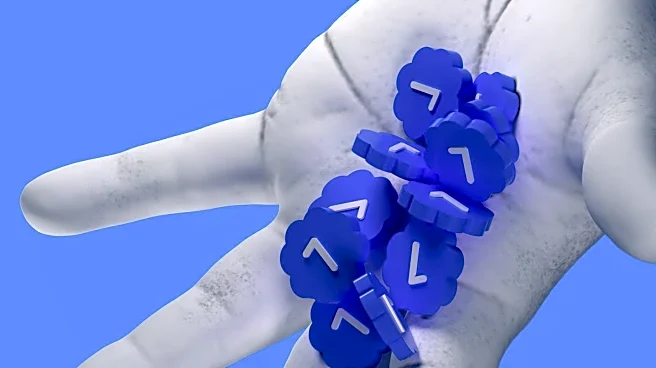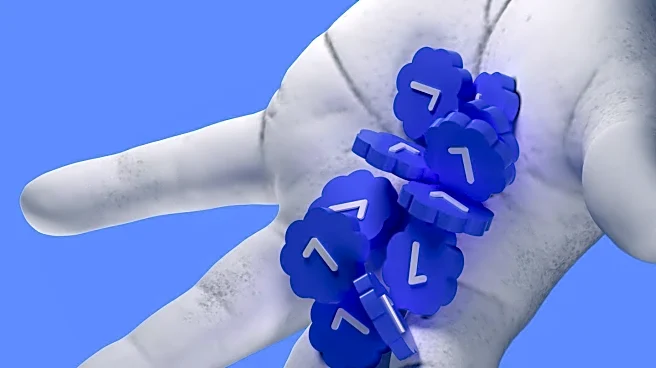What's Happening?
A multicenter retrospective study has evaluated the efficacy and tolerability of conventional debulking chemotherapy prior to anti-BCMA bispecific antibody therapy in patients with relapsed or refractory
multiple myeloma (RRMM) presenting extramedullary disease (EMD) and/or high tumor burden. The study suggests that chemotherapy-based tumor debulking before anti-BCMA therapy is a feasible strategy for improving outcomes in high-risk RRMM patients.
Why It's Important?
The study addresses the challenges faced by RRMM patients with EMD and high tumor burden, who typically have lower response rates and poorer survival outcomes. By implementing a debulking phase of chemotherapy, the study aims to enhance the efficacy of bispecific antibody therapy, potentially improving patient outcomes. The findings could lead to new treatment protocols for high-risk RRMM patients.
What's Next?
Prospective trials are needed to validate the study's findings and refine the approach to debulking chemotherapy in combination with bispecific antibody therapy. Further research may explore the integration of debulking strategies into emerging treatment regimens for RRMM.
Beyond the Headlines
The study highlights the potential for chemotherapy to modulate the immune microenvironment and enhance the effectiveness of bispecific antibody therapies. The findings underscore the importance of innovative treatment strategies for improving outcomes in challenging patient subgroups.











